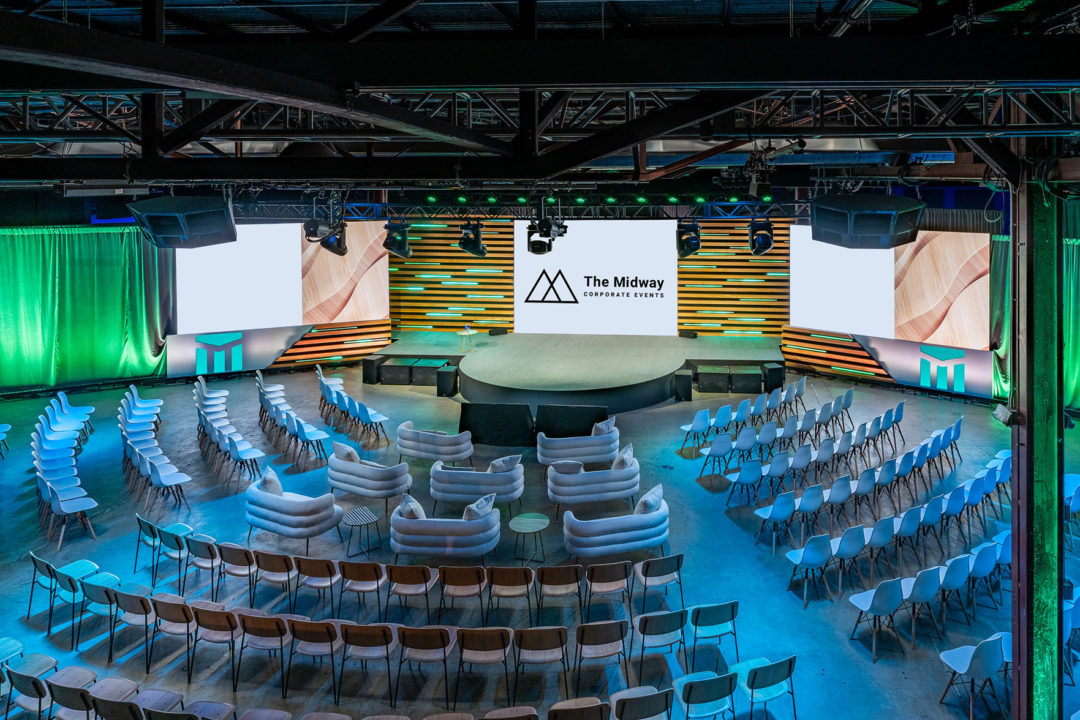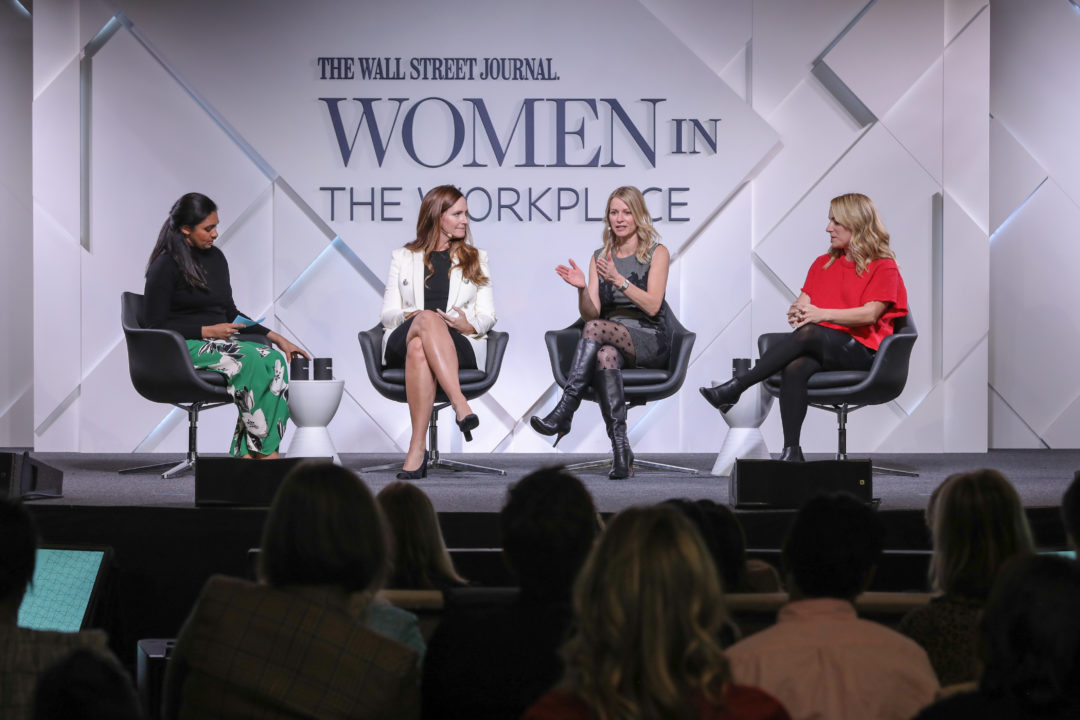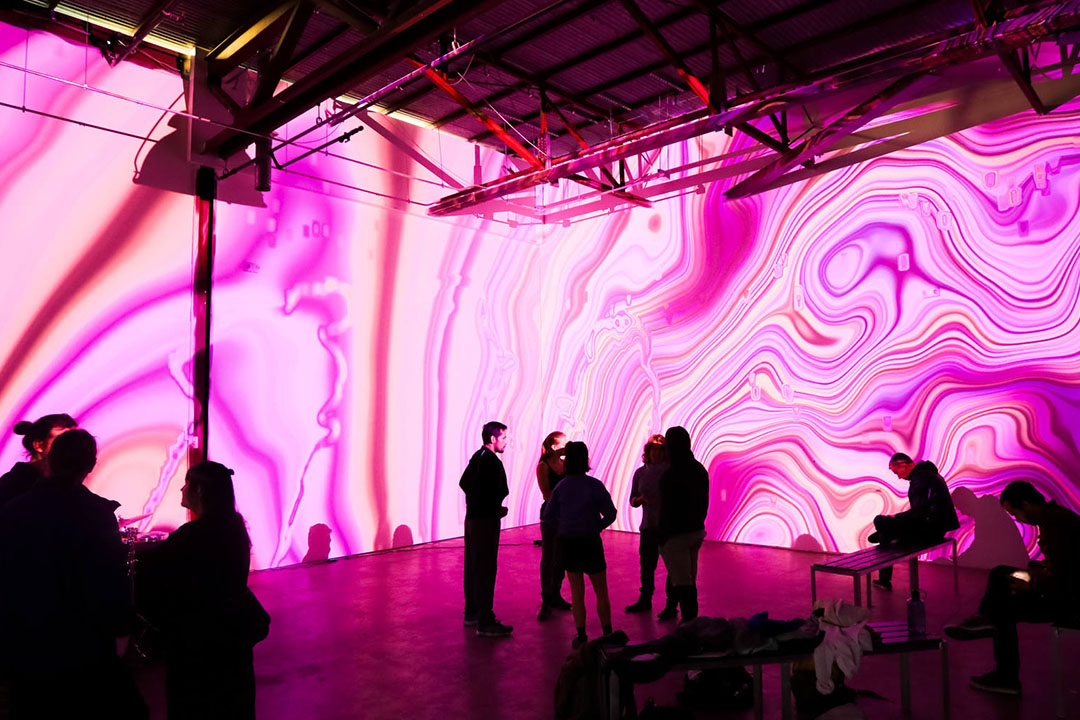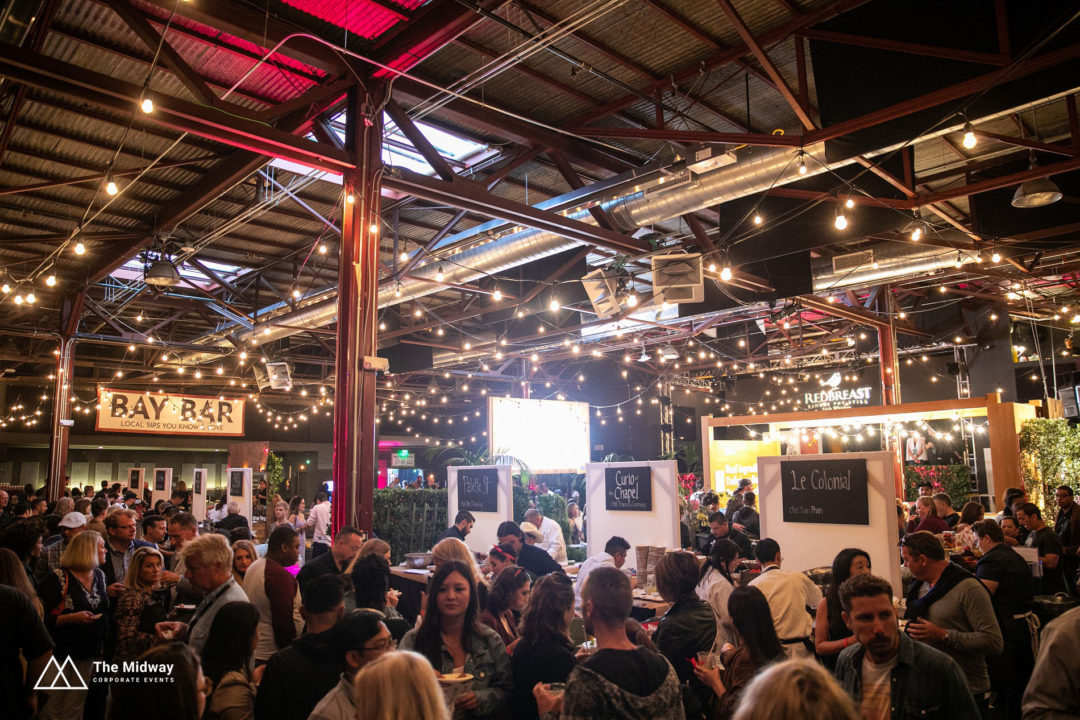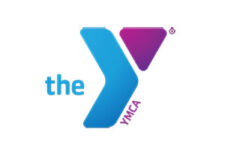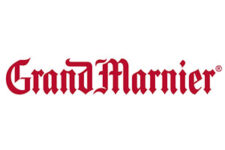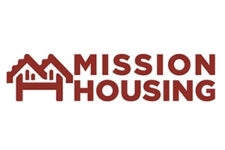What are Event Planners Looking for in a Location for an Event Space?
- San Francisco Event Space News | 11/22/2023
Event planners consider several factors when selecting a location for an event space to ensure that it aligns with the event’s goals, theme, and logistical needs.
- Accessibility: The location should be easily accessible by attendees, whether by car, public transportation, or proximity to airports and major highways. Adequate parking or valet services may also be necessary.
- Capacity: The event space should comfortably accommodate the expected number of attendees.Event planners need to consider the seating arrangement (e.g., theater-style, banquet, classroom) and the space’s layout flexibility.
- Aesthetic Appeal: The venue’s aesthetics should match the event’s theme and style. Event planners often seek venues with appealing decor, architectural features, and ambiance that enhance the overall atmosphere.
- Location and Setting: The location should align with the event’s purpose and theme. Whether it’s an urban setting, a historic site, a beachfront property, or a natural landscape, the setting should enhance the event’s overall experience.
- Technology and Infrastructure: Event planners look for venues equipped with modern technology,including audiovisual equipment, Wi-Fi, and power outlets. Seamless technical support is essential for presentations and live streaming.
- Catering Facilities: Venues should have the capacity to accommodate catering services or provide in-house catering options. The kitchen facilities should meet the culinary requirements of the event.
- Layout Flexibility: The ability to customize the layout of the event space is crucial. Event planners may need to configure the room differently for various sessions, exhibits, or activities.
- Logistics and Load-In/Load-Out: The venue should offer convenient load-in and load-out options for equipment, decorations, and supplies. Adequate storage space may also be necessary.
- Safety and Accessibility: The location should meet safety regulations and provide accessibility for attendees with disabilities. Event planners consider factors like emergency exits, first-aid facilities, and ramps.
- Budget: The venue should align with the event budget. Event planners seek locations that offer good value for the services and amenities provided.
- Acoustics and Sound Control: Sound quality and control are essential, especially for presentations, performances, and live entertainment. Venues with acoustic treatments or soundproofing may be preferred.
- Natural Lighting and Lighting Control: Venues with ample natural light or adjustable lighting options are appealing. The ability to control lighting for different parts of the event is important.
- Outdoor Spaces: For events that incorporate outdoor elements, event planners may look for venues with outdoor spaces, gardens, terraces, or rooftop areas.
- Reputation and Reviews: Event planners research the venue’s reputation and read reviews from previous clients to assess its track record in hosting successful events.
- Additional Amenities: The availability of amenities such as breakout rooms, lounges, green rooms, and restrooms is considered for the convenience of attendees and event staff.
- Flexibility in Event Timing: Some venues may have restrictions on event hours. Event planners need to ensure that the venue can accommodate the event’s schedule, including setup and teardown times.
- Contract Terms: Event planners review contract terms, including cancellation policies, deposit requirements, insurance requirements, and any exclusivity clauses that may affect vendor choices.
- Sustainability Practices: Increasingly, event planners seek venues with sustainability practices, such as recycling programs, energy-efficient facilities, and eco-friendly transportation options.
By considering these factors, event planners can select a location that meets their event’s specific needs and creates a memorable and successful experience for attendees.
Looking for Event Space in San Francisco?
Let us know how we can help with your organization’s event needs. The Midway customizes events of all types and sizes with our versatile spaces, culinary options, and technological know-how for maximum impact and a successful experience.
Whether you are in early planning stages or interested in discussing specifics, please contact us for more info.
RELATED CONTENT


